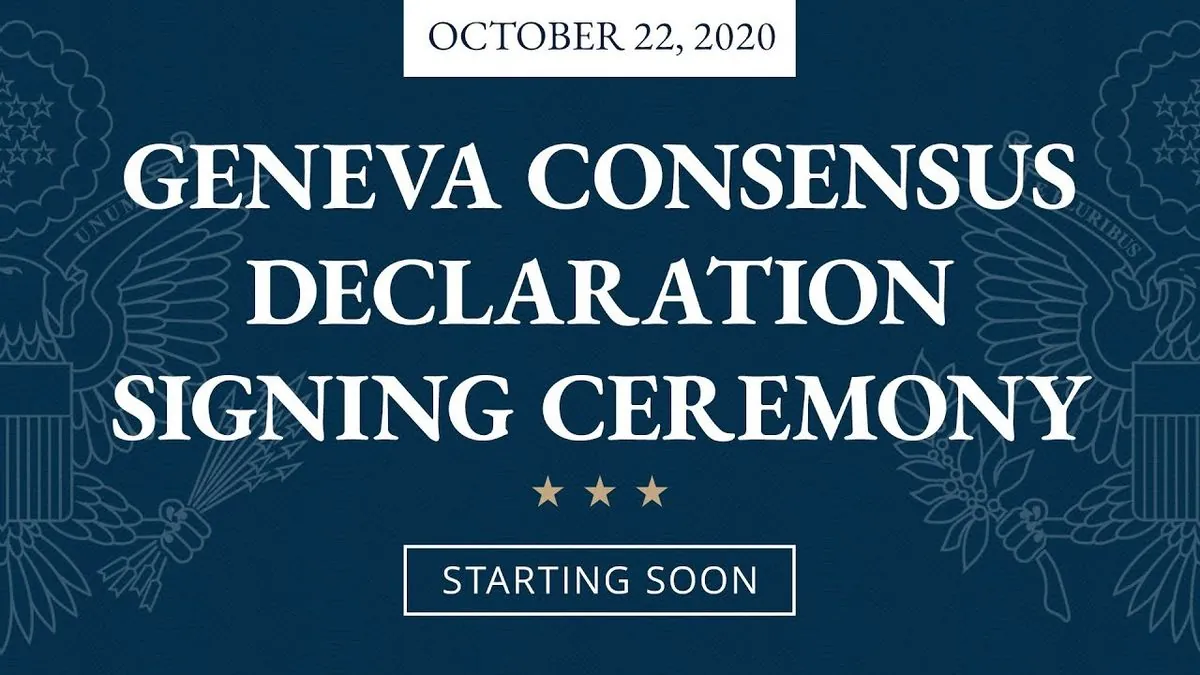Trump's global anti-abortion plan could affect millions if he wins next election
Former US presidentʼs Geneva Consensus Declaration might get new life after upcoming election. This non-binding document from 2020 could reshape international womens health policies and foreign aid distribution

Back in late-2020 Donald Trumpʼs team made a last-minute move that changed global womens health policy: they created the Geneva Consensus Declaration which stated there is “no international right to abortion“
Its the first time that a multilateral coalition has been built around the issue of defending life
The document got support from 34 countries (many with strict control over womens rights)‚ and its main goal was to push anti-abortion values worldwide. After about 4 years this paper - even though its non-binding - stays active and keeps getting attention from conservative groups
Valerie Huber‚ known as the declarations architect keeps working on expanding its influence: shes traveling around the world meeting with foreign first ladies and promoting her Institute for Womens Healthʼs ideas. The institute made something called Protego which helps countries follow the declarations rules
If Trump wins in 11/05/24‚ the document could become much stronger. Project 2025 (a conservative blueprint) wants to:
- Stop giving money to groups that support abortion
- Make all foreign aid follow anti-abortion rules
- Push these ideas on big organizations like UN and WHO
A study showed that Trumps previous anti-abortion rules led to many problems in poor countries:
- 108‚000 mother and child deaths
- 360‚000 new HIV cases
- Many health clinics had to close
Kamala Harris has different plans - she wants to support abortion rights and might try to reduce the declarations power. “This is not someone who is going to take to the creation of fake documents particularly well“ says Beirne Roose-Snyder from the Preclusion Project





























